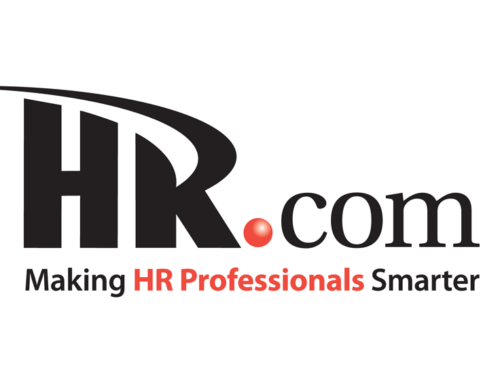ERP, or Enterprise Resource Planning, is a type of software which uses modular systems to coordinate a variety of business planning functions as part of an integrated management system. Over the past few years, ERP systems have expanded to cover other core areas of business management, including financial accounting, payroll, project management, sales order processing, and customer relationship management. There are a variety of ERP vendors which offer these software solutions, some which focus on developing g systems to meet the needs of specific industries or core functions. The benefits of ERP systems are how they triangulate and centralize data, including company databases, across a variety of different departments. This coordinates business management functions into one central hub, allowing companies to manage their data across all departments efficiently. This also means that updates to data can be made in one step, in real time and are disseminated to all parts of the company; it also prevents data duplication. Many ERP allow companies to customize their software.
Recently there has been an upsurge of the use of ERP as applied to Human Resource departments, specifically talent management. This has resulted in a variety of talent management software vendors working with ERP vendors to create an integrated system which combines the benefits of both systems. In addition to this, it allows companies to work with a single vendor for their ERP and talent management needs. Companies are increasingly recognizing the importance of attracting and hiring the best talent in order to maintain and improve their place in the market. Moreover, once hired, talent management is crucial to increase staff retention, improve staff productivity, and reduce high staff turnover.
Departments have used integrated software solutions for several years as a way to manage multiple HR processes. The convergence of ERP and talent management allows both HR staff and managers to play a role in talent management. ERP software, when applied to talent management, can include talent acquisition processes, recruitment administrative processes (such as tracking applicants), background checking, and interview scheduling and management. Other functionalities include performance management, such as employee performance review, analysis of staff productivity, and workforce planning functions such as workforce analysis and talent forecasting. There are many companies offering ERP for talent management, and many allow databases and functionalities to be customized to meet the needs of the company. This is particularly useful for companies who experience rapid growth and who experience a change in their software solution needs; in which case both ERP and talent management systems can be updated as part of an integrated process.
